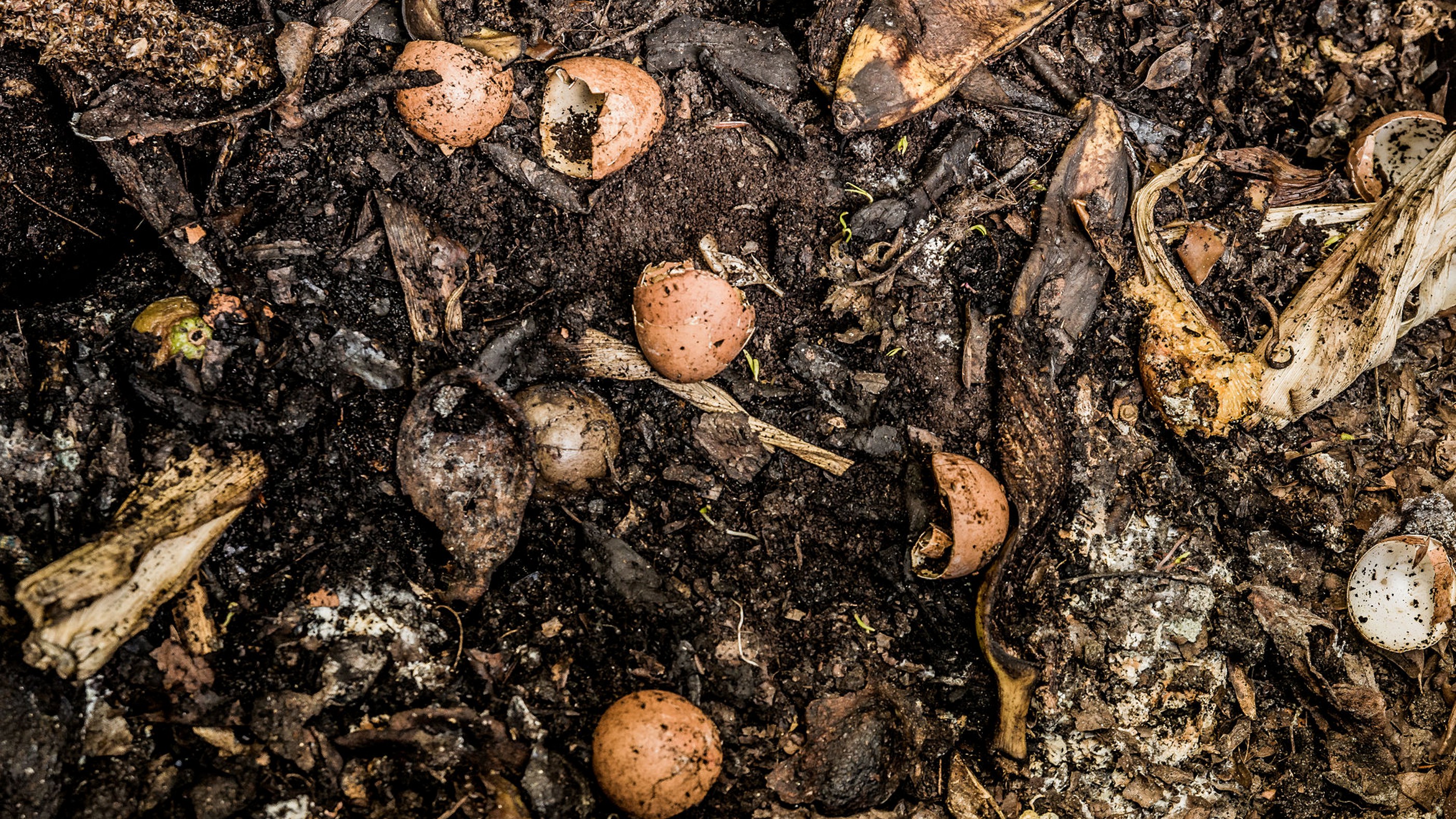
Picture credit: Philip Cohen, CC BY 2.0, via Wikimedia Commons
Last week saw yet another insightful webinar moderated by Ashish Sachdeva of the Green Dream Foundation, in partnership with Smart Cities India 2020 Expo on the topic ‘Decentralized Waste Management During COVID-19’.
Inadequate and inefficient waste disposal systems have a direct impact on the environment and public health. In times of crisis, like the current novel coronavirus pandemic, India’s waste management problems have exacerbated. A majority of the population does not segregate wet and dry waste, let alone hazardous (masks, gloves, etc) and general household waste. As a result, civic authorities are dealing with unprecedented quantities of hazardous biomedical waste. There are also increasing cases of sanitation workers testing positive for COVID-19 after coming into contact with unsegregated, infected household waste.
“Everything has to be treated as contaminated waste since people are not segregating waste at source. Medical waste generation has increased four to five times since the coronavirus pandemic started. This has a major impact on waste treatment facilities. For instance, there are only two medical waste operators within the New Delhi Municipal Corporation (NDMC) and the treatment facility operators are in a mess,” explained Youthika Puri, Scientist D, Central Pollution Control Board (CPCB) during the webinar.
“The CPCB’s guidelines on handling COVID waste provide so many details on separating general from biomedical waste but people still get confused. Almost 80 per cent of the waste received in yellow bags is general waste,” added Puri.
In this backdrop, rethinking municipal solid waste management strategies is essential. Decentralised waste management involves citizens and communities segregating and processing waste within their homes and/or locality, thus reducing the burden on centralized waste treatment facilities and landfills. In the last few years, decentralised waste management practices have gained popularity in India.
“Everything has to be treated as contaminated waste since people are not segregating waste at source.” – Youthika Puri, CPCB
The role of ULBs and RWAs in successful decentralized waste management is vital. Thursday’s webinar saw senior civic body officials vociferously defending decentralisation. Sameer Unhale, CEO, Thane Smart City Ltd said, “As we move on from the COVID-19 pandemic, we will need to continue developing systems like decentralised waste management, that involve communities to inspire social and behavioural change to achieve sustainable waste management. Waste is a resource and we need to accept it so. Going ahead, we should move from centralised systems on to community-based, user-fee models to promote entrepreneurship & development of innovative technologies.”
“There is nothing called waste. It’s just a resource lying at the wrong place at the wrong time. Our job is to shift it to the right place with the right purpose,” Unhale reiterated.
Many residents who segregate waste at source complain that despite their efforts, waste collection agencies often dump it in landfills, negating their efforts. Ashish Sachdeva had a message for such residents: “Avoid this problem by dealing with your waste yourself. For example, start composting wet waste. It also makes economic sense.” Sachdeva further reminded participants of the other benefits of decentralisation. “It minimizes waste transportation costs, reduces land requirement for waste treatment facilities – which is not only expensive but opposed by residents who live in the area since it poses a health issue for them. The private and public sectors need to work together along with NGOs and foster partnerships for successful decentralized SWM.”
The webinar also showcased good practices by municipalities in Agra and Thane as well as successful waste technologies used by Resident Welfare Associations across the country including biogas projects and fuel generation from plastic waste.
Check out our Events sections for more information on relevant upcoming webinars.
Picture Credit: Philip Cohen, Food-scraps-compost, CC BY 2.0



